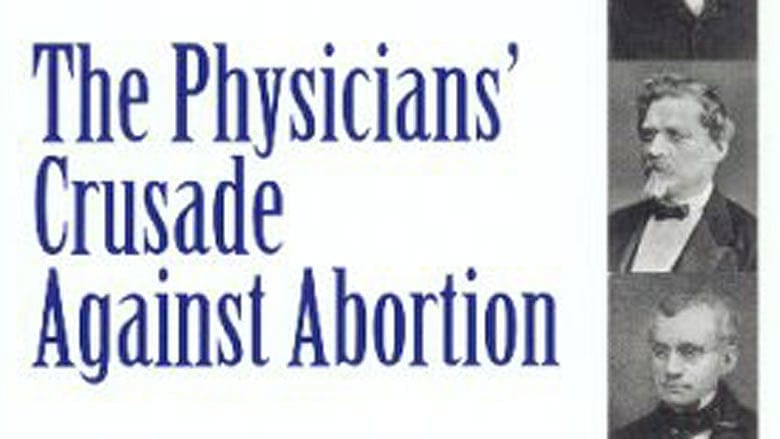A 19th-century Boston physician’s efforts to reduce abortions

This is a continued series of blog entries on important historical events that began in Boston and led to strict laws against abortion throughout the U.S. (Read Part I here) Most of these laws remained until overturned by the Supreme Court's in 1973. For a century they reduced abortions and the babies who survived typically grew up, married, and in many cases became our direct ancestors.
Readers probably will be surprised to learn that induced abortion was common in the U.S. in the middle of the 19th century. The major cities were the principle places and there is strong evidence that Boston was the city with the most abortions. It thus is not too surprising that Boston became the site of the nation's first effort to reduce abortions not only in Massachusetts but in the U.S. A remarkable Boston physician, Horatio Robinson Storer (1830-1922), headed what has been termed, "the physicians' crusade against abortion." He was not the first New England physician to be concerned about abortion. This appears to have been the Greenville, Rhode Island physician, John Preston Leonard (1819-1851), who published an article, "Quackery and Abortion," in the Boston Medical and Surgical Journal in January 1851. It included:

